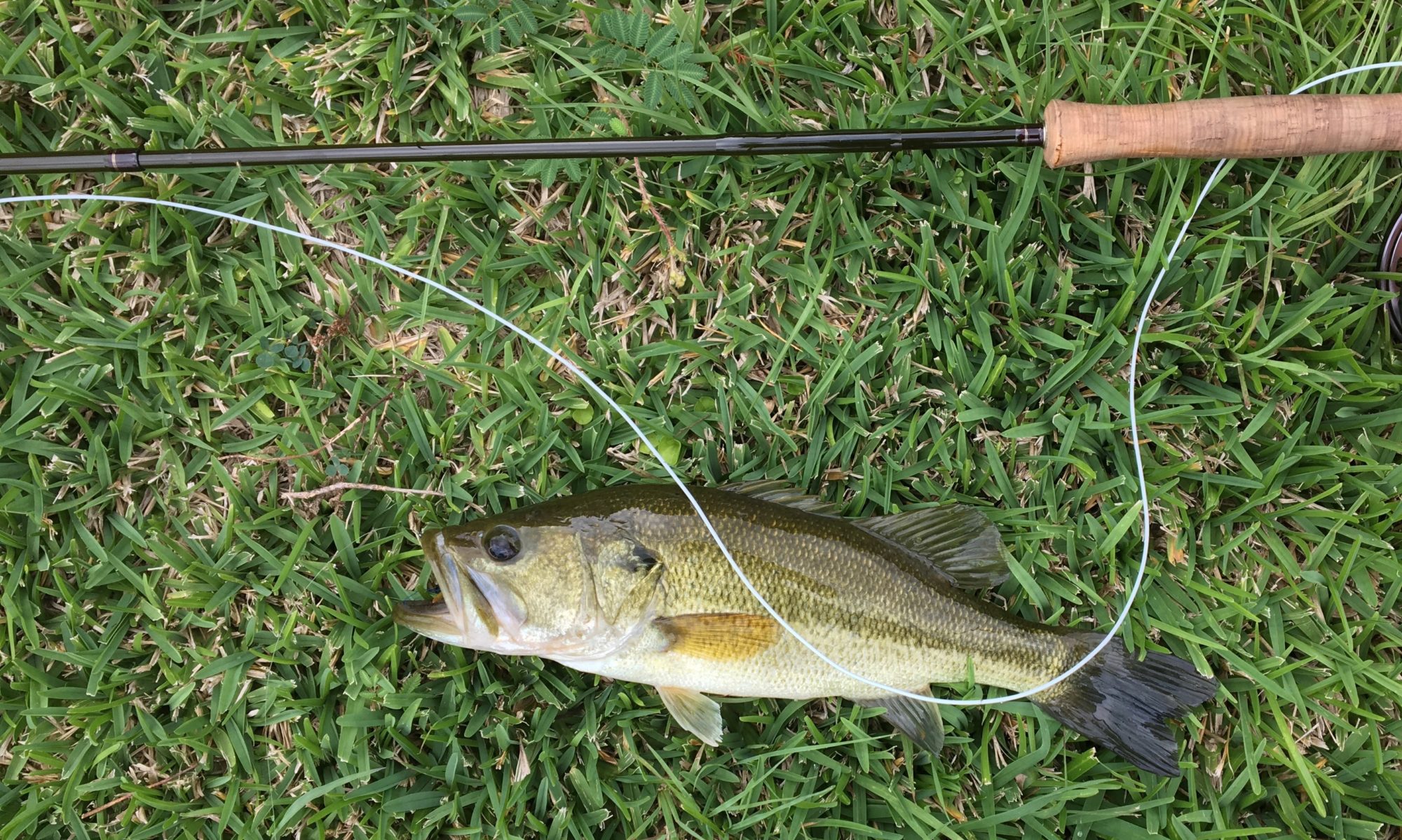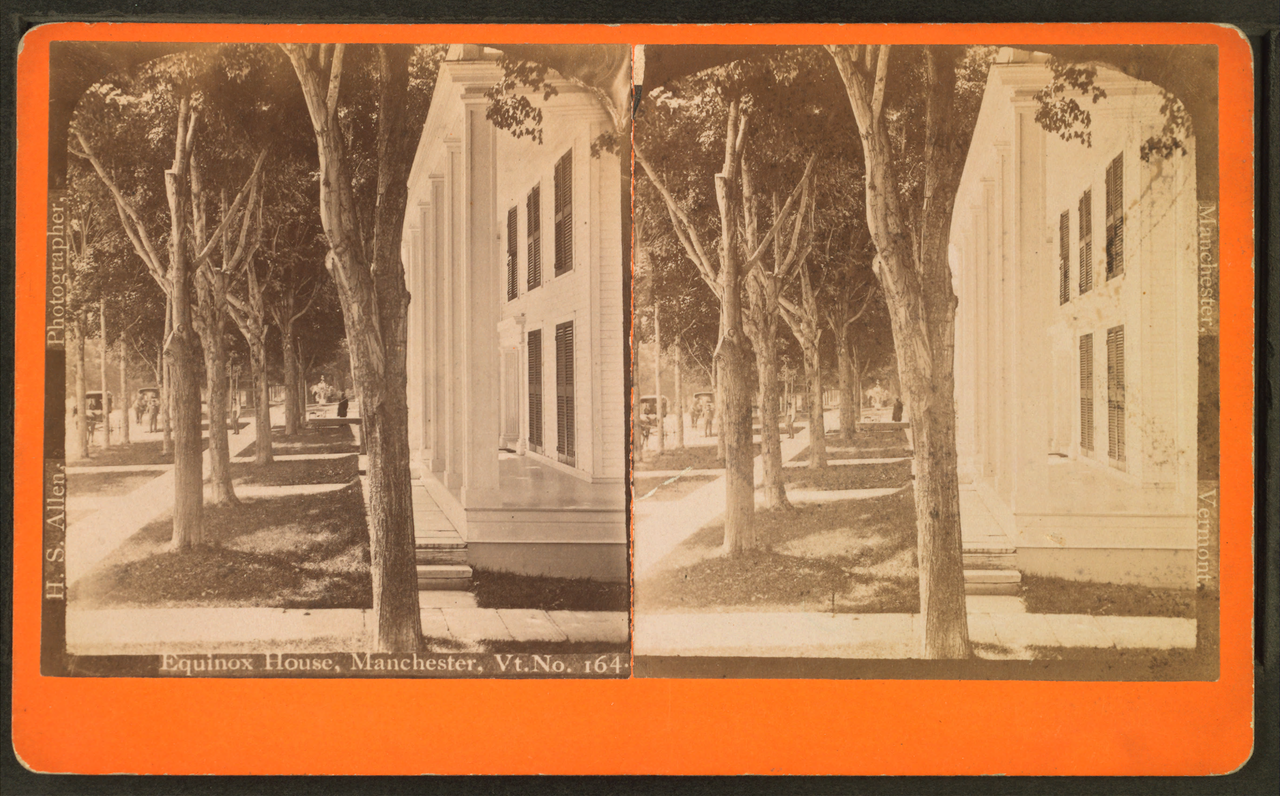
Robert Frost, New Englander, wintered in Key West, and he went often enough that in the Key West literary tourist travel boom of later years his rented cottage was dubbed the Robert Frost Cottage. Sixteen winters he flew south. He got into an argument there with Wallace Stevens, but I’m not sure whether it was before or after Hemingway knocked Stevens down. Stevens seems to have been a bit of a drinking man, but there wasn’t any internet, so what else did he have to do? As a young man I preferred Stevens as a poet, he was stylish and inscrutable, but I think as an old man I’m growing into Frost.

I can imagine Frost, sitting as far south as the American South can go, and thinking about the New England winter. I wonder if he missed it? I wonder if he felt guilt that he was warm? How can someone named Frost ever be warm?
I first saw Vermont 30 years after Frost spent his time in Florida, 50-odd years ago, not live but on an RCA console color television. Almost all my notions about Vermont I learned from White Christmas, a movie filmed in a California back lot of Paramount Pictures. No. Snow.
But the lodge! It was so beautiful, stone and wood and that great fireplace where Rosemary and Bing talked about liverwurst and other things. It didn’t matter that it was a set in California. It was beautiful! It was Vermont!

My sister says that Vermont is like a foreign country. I imagine it as rambling lanes and small farms and white clapboard churches. I figure I can’t say it’s as close to a foreign country as the continent offers, since both Mexico and Canada are literally foreign countries, and I suppose New Englanders don’t think they’re foreign at all. But to my sister the Texas girl it might as well be Switzerland. There’s snow, and trees, maple syrup and other cute things. We don’t do cute in Texas.
Vermont was once in fact a foreign country. Not yet having attained Vermonthood, in 1763 the area was ceded to Britain by France after the French and Indian War. It wasn’t clear if the new territory was governed by New Hampshire or New York. Both claimed it, and both granted conflicting land grants to settlers. Tired of its neighbors’ shenanigans, during the American Revolution Vermont formed its own independent republic, the Republic of Vermont. It was not one of the original 13 colonies. It did not join the United States until 1791. The state constitution was the first to ban slavery.

Vermont is forever linked to its mirror-image neighbor, New Hampshire. There are probably other states it could be compared to, Wisconsin and Oregon come to mind, but New Hampshire and Vermont are connected through history and temperament and geography. You can’t read about Vermont without both state mottoes being mentioned, and that Vermont has fewer Walmarts than New Hampshire, and that Vermont has no Dairy Queens. Why the Dairy Queen factoid gets mentioned I don’t know, but it’s part of the litany.
They sprang from different geological forces that produced the soft rolling Green Mountains of Vermont and the rugged, angular White Mountains of New Hampshire. The differences run through their colonial histories and are evident today in their cultures, politics and certainly in their state mottos: Vermont’s feel-good “Freedom and Unity” shrinks before New Hampshire’s stark ultimatum to “Live Free or Die.”
More Than a River Separates Bernie Sanders’s State From Primary’s, Katharine Q. Seelye, The New York Times, February 7, 2016.
The Spaceman, Bill Lee, lives in Vermont.
Here is the difference between Vermont and New Hampshire: Vermont, population 625,741, voted 55.72% for Hillary Clinton, and only 29.26% for President Trump. Favorite son Bernie Sanders pulled an additional 5.68% as a write-in. New Hampshire, population 1,316,470, also went for Clinton, but it was 48.2% to 46.1%. New Hampshire has greater ethnic diversity, being only about 90% white, while Vermont is more than 95% white. Snow, Snow Snow! Vermont, along with Hawaii, is consistently one of the most progressive states in the country.

And taxes. You can’t talk about Vermont and New Hampshire without mentioning that Vermont’s tax burden is 4th, New Hampshire’s 46th. I tracked down my old friend Mark who with his husband moved to Vermont after he left Texas. Mark worked for the IRS for a while but left when President Trump was elected, but now he’s moved on to Florida, largely because of . . . wait for it . . . Vermont taxes. The tax burden for the average resident is roughly 10.31%. If I’m going to sneak a new bamboo fly rod into my luggage on this trip, I’ll pay a combined 7% sales tax, though that’s cheaper than Texas.
New Hampshire has no income tax or sales tax, but it does have one of the nation’s highest property tax rates, with a rate of about $2.19 per $100 of value. All of that said, I gather that the Vermonters who stay, who like their state, are for the most part proud of its peculiarities and political stances, and want to be there. Freedom and unity! Ok, it’s not the quirkiness of Live Free or Die!, but it’s at least as good as Friendship. I could be perfectly happy with freedom and unity, at least as long as I don’t have to buy Birkenstocks.
There’s plenty of speculation about why the states are different. Sure, you can chalk it up to New Hampshire’s historic development as a water-powered mill state, a port state, a state with more difficult geography and weather, but my favorite theory is that modern Vermont was the result of an effective advertising campaign. They picked what they would be, a place of ski lodges and cows and Birkenstocks, and they sold it. Cultural immigrants like Bernie Sanders and Bill Lee believed the pitch, and Vermont was its own self-fulfilling prophecy.

A colleague suggested that I check to see if New Hampshire and Vermont are ranked by any sort of happiness index. The World Happiness Index is published by the United Nations, and in 2019 the happiest country on the planet is left-leaning, frigid Finland. I don’t pretend to have studied the Index methodology, though it’s based on polling. Finland though would seem to bode well for left-leaning, frigid Vermont. There’s a Gallup poll that’s supposed to measure happiness and health, and left-leaning but decidedly un-frigid Hawaii seems to come out on top most years. Last year Vermont was way down, but this year it was 7th. New Hampshire was 11th. Alabama and Mississippi, those other bookend states on the Southside, are Nos. 44 and 47. West Virginians are still the least happy of our lot.













